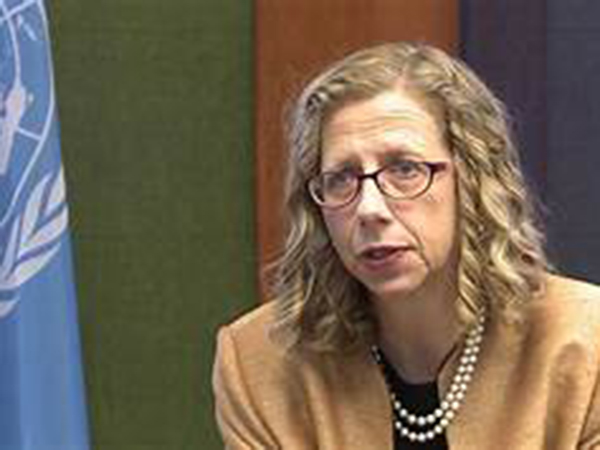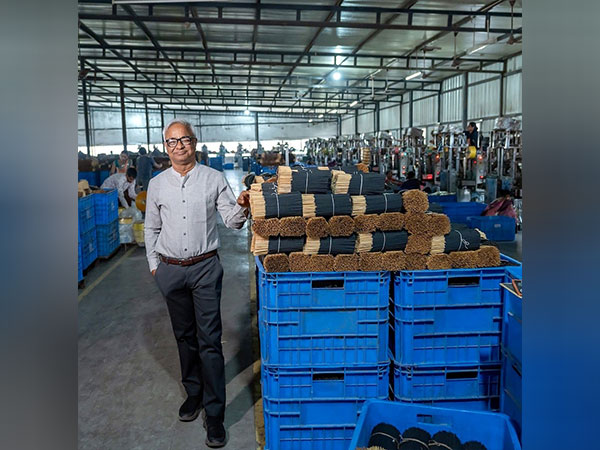
Agreement on Blue Nile dam can and must be reached: UNEP chief
Jul 09, 2021
United Nations, July 9: The executive director of the UN Environment Programme (UNEP), Inger Andersen, said Thursday that an agreement between Ethiopia, Egypt and Sudan on the Blue Nile dam in Ethiopia can and must be reached.
While shared watercourses have been the cause of dispute, they can also be the foundation for cooperation. Well-planned hydraulic infrastructure on a shared river course can be a source of enhanced collaboration and need not be a zero-sum game, she told the Security Council in a briefing on the Grand Ethiopian Renaissance Dam (GERD), whose construction is nearing completion.
With integrated planning, damaging seasonal inundations can be prevented, energy can be traded, water storage can be optimized, and benefits can materialize both in terms of development and in terms of water optimization, she said.
Ethiopia, Egypt and Sudan have recognized the tireless efforts made by the African Union to facilitate negotiations. While progress has been made in many areas of the negotiations, consensus has not been reached regarding some critical aspects, including arrangements for the management of protracted drought, development of upstream and downstream of GERD, and a dispute resolution mechanism, she noted.
"At this stage, and with other sources of regional tension increasing, we must recognize that overcoming the remaining differences among the parties will require careful, meticulous work, supported by the relevant technical and legal experts and with a determination by the three states to arrive at a cooperative solution, in pursuit of sustainable development for all in the spirit of 'one river, one people, one vision.' An agreement on GERD can be reached, and, indeed, must be reached," she said.
A large dam -- any large dam -- impacts and alters a river's flow. Where water is scarce and drought frequent, such as is the case in the Blue Nile Basin, cooperation on a shared river is the only long-term sustainable option, said Andersen.
Cooperation among the riparians regarding this critical natural resource has never been more important. As the governments of Egypt, Ethiopia and Sudan have all recognized, the countries are experiencing rising demand for the water resource, be it in terms of agriculture or in terms of energy demands. This is due to a combination of factors including population growth, urbanization, and industrialization, she said.
Effective, cooperative water management also becomes all the more important in the context of climate change. Climate models indicate that the flow of the Nile will exhibit increasing variability during the period of modeling up to 2040, leading to more floods, and more intense droughts. It is therefore imperative that the parties work together to manage these interconnected challenges. To reach an optimal agreement, trust, transparency and open engagement will be key, she said.
The United Nations remains ready to support Egypt, Ethiopia and Sudan, and the African Union, in their efforts to achieve an agreement on GERD that is beneficial to all. Coordination around hydro-infrastructure in this basin is critically important. When done right, and with strong political leadership by the riparian nations, it can provide a basis for deeper, mutually beneficial regional cooperation around shared natural resources, which would enhance sustainable development and peace, said Andersen.
Source: Xinhua









